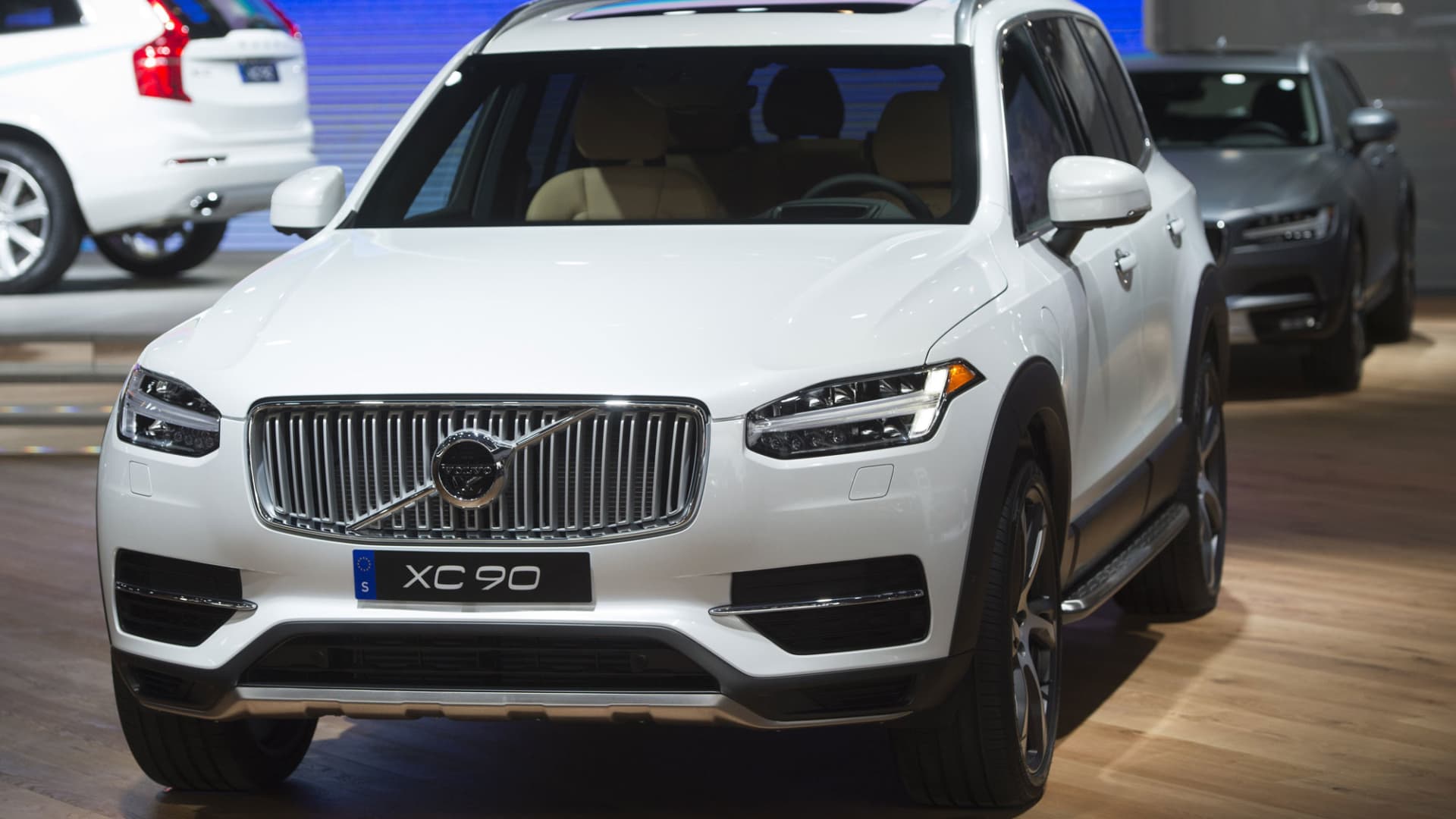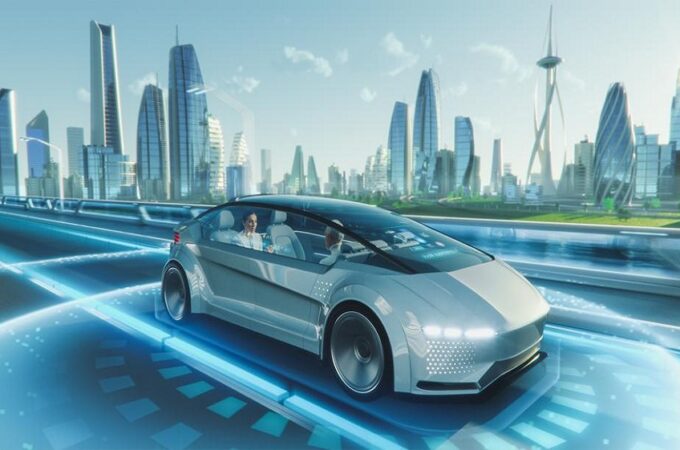
ASPECTS IMPACTING YOUR CAR’S BATTERY LIFE
A battery plays a vital role in car performance, including powering the starter and other components of the car that need electrical current to run. Ideally, a car battery can last four years or more, but it is susceptible to wear over time depending on the elements it is exposed to. If your car battery seems to be failing sooner than expected, discover these factors impacting its performance and lifespan.
Battery size
Many car owners assume they can save more by buying a smaller car battery, but that is not usually the case. A smaller car battery has less reserve capacity hence a shorter lifespan. Additionally, it has a less cranking amp which refers to the instant power the battery can put out. Therefore if your battery is failing faster than you expected, you may have installed a smaller one than your car needs. Check your manufacturer’s manual for the correct battery size.
Moisture
When your battery starts to fail, the first question you will ask is: how long do car batteries last? A car battery can last from two to six years, but elements like moisture can reduce its performance. An electric short occurs when moisture is in the engine bay, leading to corrosion on the battery terminals. That ultimately leads to resistance, draining your battery charge more quickly than usual. Periodic car inspection is necessary since a mechanic can address such a problem before it worsens.
More traffic
Being stuck in heavy traffic often also affects the lifespan of your car battery. That is because it leads to the excessive use of the car’s electronic parts, including the radio and air conditioner. Also, the slow engine speed affects the speed of the alternator, which reduces the charge, and the hot engine conditions impact the battery’s lifespan. If you are always stuck in heavy traffic, it is best to give your car a break and avoid driving during rush hours.
Extremely hot or cold weather
Abnormally cold temperatures are unsuitable for your car’s battery life because they reduce the chemical reactions that give the battery power. Extremely hot weather has an effect too, since it evaporates the liquid electrolyte in the battery leading to sulfation. Limiting your car’s use during extremely hot or cold weather is advisable to prevent such problems.
Cold starts and short trips
Electric power is necessary to start your car, especially when the engine is cold. The alternator helps charge the battery in a few minutes, but the battery’s age may impact its performance. Furthermore, taking shorter trips causes more damage to your car battery because the engine doesn’t properly warm up to recharge the battery. Therefore it is best to avoid short trips and cold starts.
Leaving the electrical parts on when parking
Leaving the electrical parts of the car, like the radio, on when parking is a bad driving habit that affects the battery. It causes the battery charge to drain faster than usual, eventually impacting its lifespan. Always turn off the electrical parts when parking your car.





